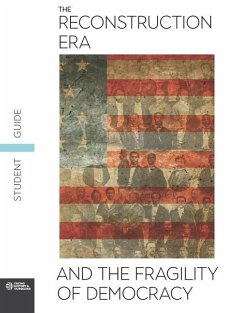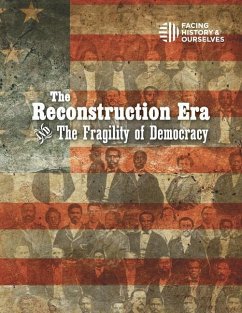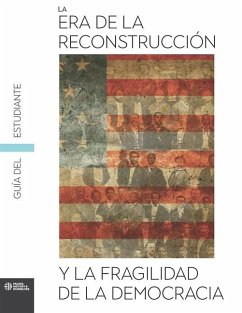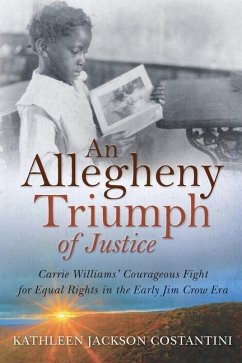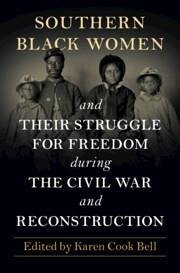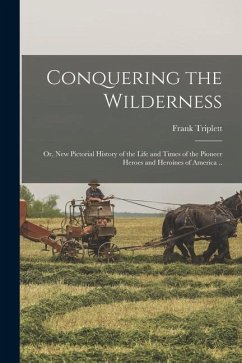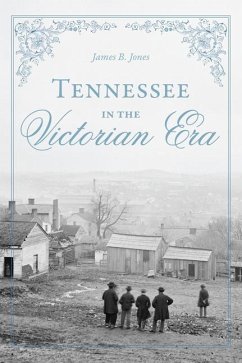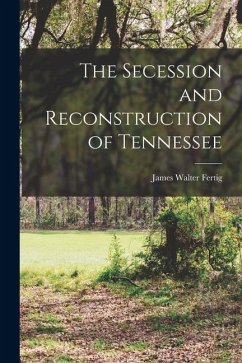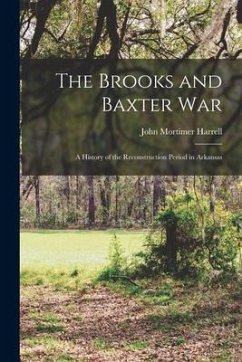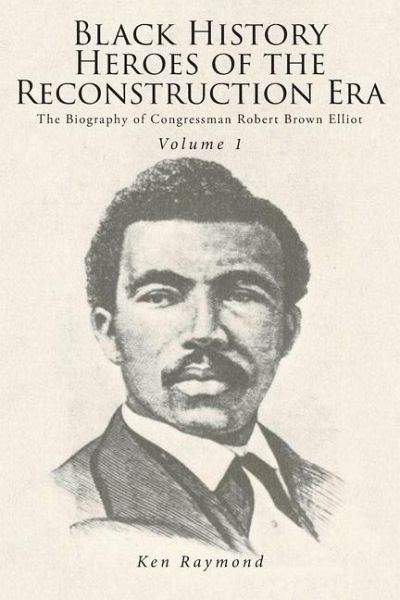
Black History Heroes of the Reconstruction Era
The Biography of Congressman Robert Brown Elliot
Versandkostenfrei!
Versandfertig in über 4 Wochen
24,99 €
inkl. MwSt.
Weitere Ausgaben:

PAYBACK Punkte
12 °P sammeln!
In the wake of the Civil War and among the masses of uneducated, frightened, newly emancipated slaves and oppressed free Blacks, there arose a handful of Black men who were the living embodiment of strength, courage, intelligence, and dignity, and they refused to be viewed as anything less. Although their society denied them freedom, prosperity, and education, they achieved national renown and fought on the front lines for liberty-loving American citizens. Despite the hostile forces that surrounded them, they found ways to become skilled and well-versed in the US Constitution, world history, l...
In the wake of the Civil War and among the masses of uneducated, frightened, newly emancipated slaves and oppressed free Blacks, there arose a handful of Black men who were the living embodiment of strength, courage, intelligence, and dignity, and they refused to be viewed as anything less. Although their society denied them freedom, prosperity, and education, they achieved national renown and fought on the front lines for liberty-loving American citizens. Despite the hostile forces that surrounded them, they found ways to become skilled and well-versed in the US Constitution, world history, law, literature, and the Bible. Throughout the twentieth and twenty-first centuries, powerful political forces successfully removed discussion of their lives and achievements from our classrooms. These pillars of Black history were blatantly erased from our educational institutions and canceled from consideration for generations. Why? Because any Black student who studied their lives would be inspired to follow in their footsteps and achieve heights beyond what racist segments of American society had predetermined for them. Try as they may, however, these malevolent political entities could not hide the fact these men existed. Volumes of information still exist about them. Because of the grace of God, these malicious, spiteful political forces could not collect and destroy every publication that circulated the names of these Black men and their accomplishments. They appeared in newspapers, magazines, and books across the country throughout the nineteenth century. Details of their experiences remain well-documented, and their ideas and opinions live on in speeches given about 150 years ago. These men were articulate and greatly distinguished themselves from their peers. They resisted the popular culture of their day and knew they stood as equals with all men before God. These men thrived in the face of racial hatred and bigotry that many in today's Black community could not bear. They had uncommon strength, will, and determination that carried them through the most violent era of the Ku Klux Klan and an apathetic federal government. They did not cower, and they did not fold when faced with adversity. Among these men were Congressman Robert Brown Elliott, Congressman Joseph Hayne Rainey, Congressman James T. Rapier, Congressman Richard Harvey Cain, and Congressman John Roy Lynch. A close examination of their lives, experiences, and speeches will likely produce the same strength of will, devotion to knowledge, and commitment to excellence within today's Black community. In Black History Heroes of the Reconstruction Era: Volume 1, we will learn about the life and experiences of Congressman Robert Brown Elliott. Throughout Elliott's life, even his enemies had to admit he was an extremely impressive young man. He was clearly one of the most scholarly and well-educated lawyers in the country, Black or White. Elliott could have chosen to build a successful law firm in the North, living a life of relative luxury with his family and of notoriety in Boston legal circles. Instead, he felt compelled to live in the birthplace of the Civil War: South Carolina. Elliott called on all his courage and skill to help the newly emancipated slaves. His efforts eventually led him to the halls of Congress, where he participated in the historic debate on the Civil Rights Act of 1875. Congressman Elliott experienced many successes and failures. But even in the face of failure, he had a quality that would not allow him to quit or surrender.




